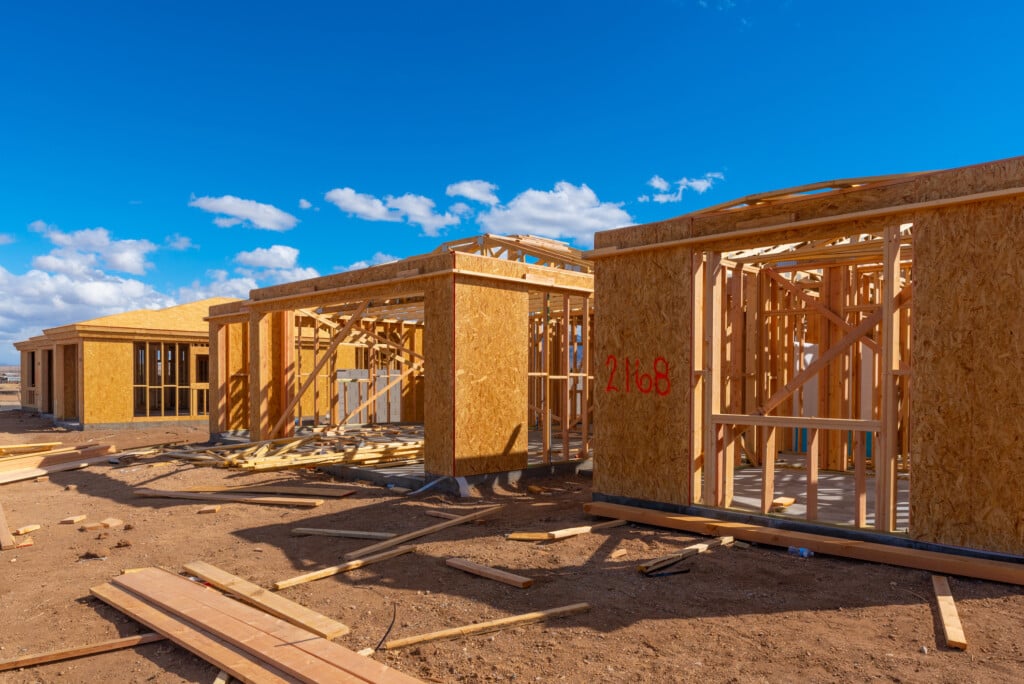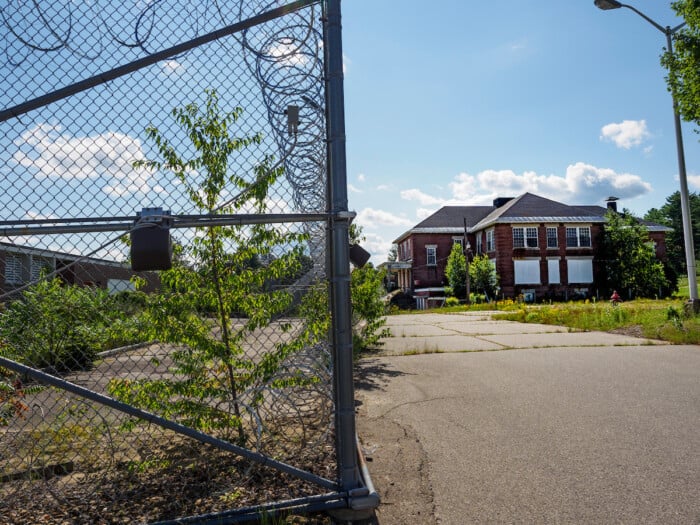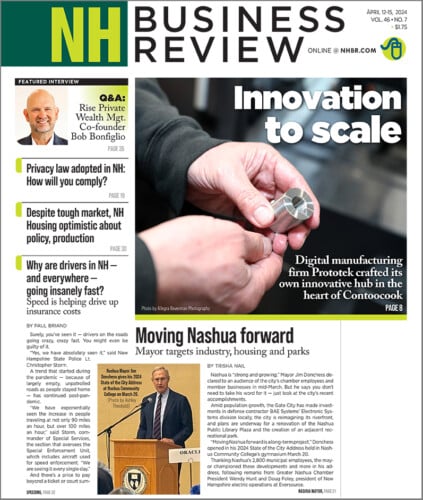2018 mental health legislation: a recap
There were three major issues before the Legislature in 2018 that the NH Community Behavioral Health Association (CBHA) identified as the most critical to addressing our state’s ongoing mental health crisis: Medicaid expansion reauthorization; workforce shortages in the behavioral health field; and ever-growing hospital emergency room waitlists, as adults and children suffering from mental illness still wait for beds at NH Hospital.
Along with many other health care advocates and social service providers, CBHA worked hard to ensure passage of Senate Bill 313, reauthorizing Medicaid expansion. Over 50,000 Granite Staters would have been left without health insurance if Medicaid expansion had not been extended. That number includes thousands of individuals with mental illness who are served by the ten community mental health centers.
The leadership and support of Governor Sununu, Senators Morse and Bradley, and other policymakers and budget writers was key to its passage last month. We sincerely thank the many legislators on both sides of the political aisle who recognized the need to ensure health insurance coverage for their constituents.
We also championed legislation that will add funding for the State Loan Repayment Program (SLRP), which helps community mental health centers attract and retain staff.
A proven and cost-effective way to address workforce shortages, SLRP helps individuals pay down their school loans and creates an incentive for them to stay in New Hampshire.
Lack of staff at our centers means that people with mental illness may not be able to access services when and where they need them, at the community level. This is directly linked to the hospital emergency room backup and the need for more psychiatric beds at NH Hospital. There were over 53 pieces of legislation introduced in the 2018 legislative session related to workforce, but less than half were approved (and few are as meaningful as the SLRP funding). We suggest that the Legislature identify workforce as its No. 1 priority for 2019, and that proposals for changes to licensing and other bureaucratic barriers be presented as a package.
There needs to be a comprehensive approach to workforce. The current workforce shortage affects much more than the health care field and nonprofit service providers; all New Hampshire businesses and industries would benefit from an all-inclusive and targeted initiative to fix the problem.
We have said before and will say again that, first and foremost, the Medicaid reimbursement rate schedule for community mental health centers needs to be increased, and the entire mental health system of care must be funded fully.
House Bill 400, which directs the Department of Health and Human Services to develop a new 10-year mental health plan, was enacted a year ago and work is now underway, with a final report and recommendations for legislation due later this year. We offer this list of criteria for the plan’s authors and legislators, both new and returning, to consider and take to heart:
To improve mental health in New Hampshire, we as a state must:
1. Adequately reimburse the CMHCs for the vital role they play. The Medicaid fee schedule for community mental health providers has seen no increase since 2006
2. Increase the income limit for Medicaid clients with spend-downs, which has not been adjusted since 1999
3. Continue to support the State Loan Repayment Program.
4. Improve support for the implementation and sustainability of evidence-based practices
5. Ensure that licensure reciprocity laws for mental health and substance use treatment professionals are implemented
6. Improve access to care in a timely manner
7. Reinstate the moratorium for prior authorizations for medications prescribed by CMHC prescribers
8. Add and incentivize the use of new technologies to improve care
9. Create urgent care centers for behavioral health clients
10. Increase funding for step down crisis respite services
11. Increase funding for peer-based recovery support services
12. Improve opportunities for hospitals and CMHCs to work together
13. Re-release the RFP for an acute psychiatric residential treatment program to create more capacity
14. Work closely with managed care organizations
15. Add more voluntary and involuntary inpatient beds and community-based residential services.
Suellen Griffin is president of the NH Community Behavioral Health Association and President and CEO of West Central Behavioral Health in Lebanon.










